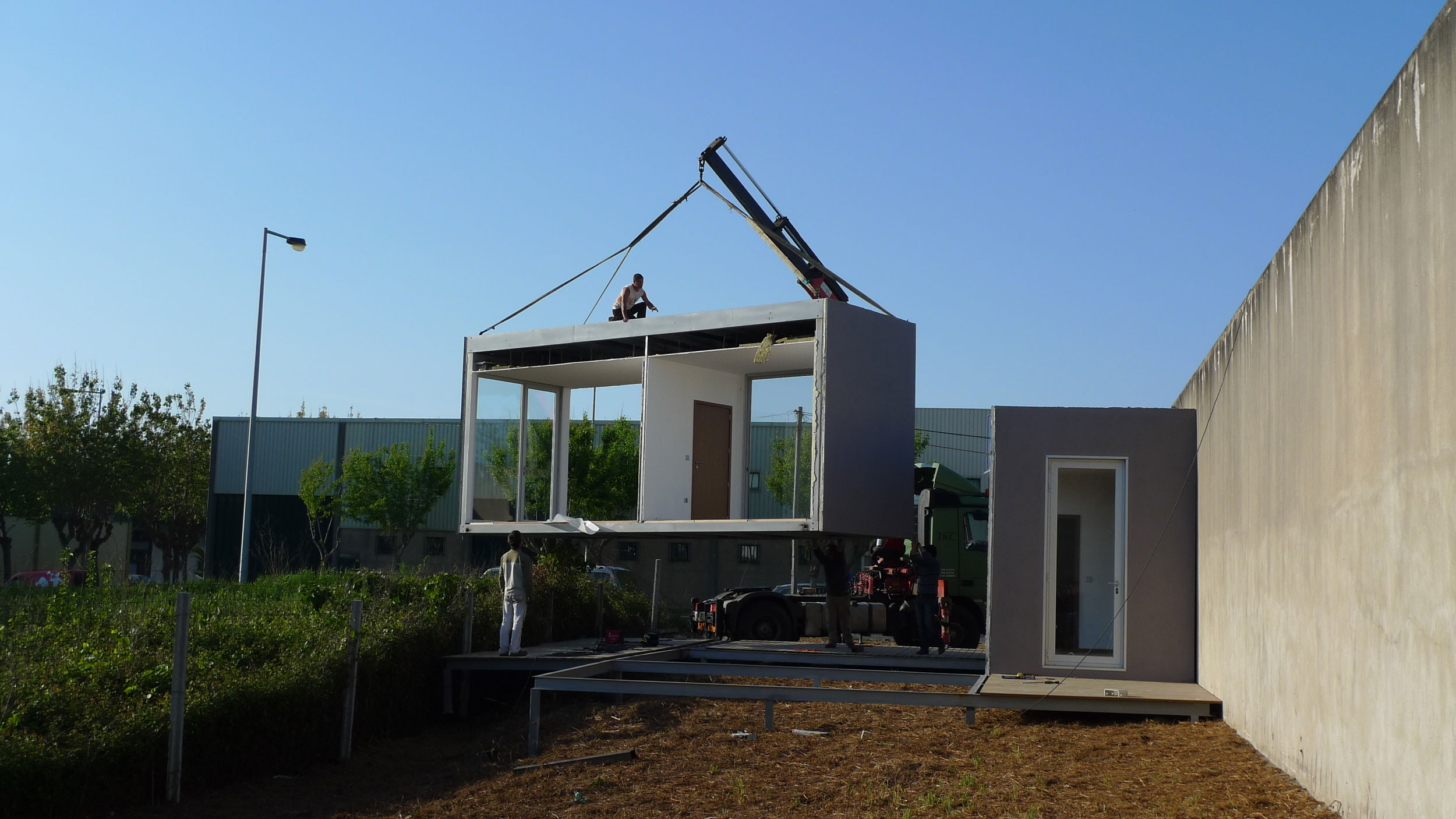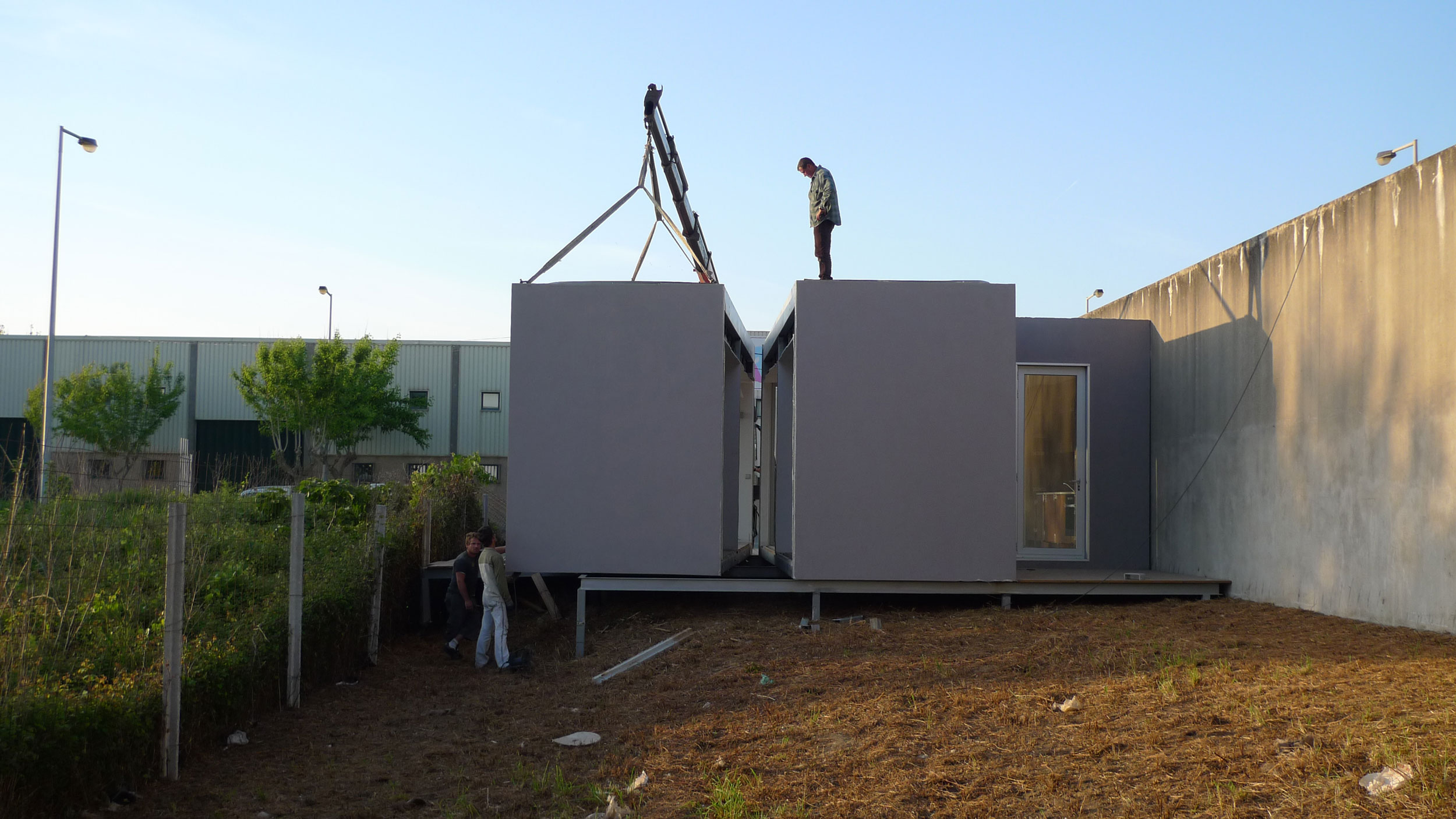Gravida proin loreto of Lorem Ipsum. Proin qual de suis erestopius summ.
Recent Posts
Sorry, no posts matched your criteria.
Modular Housing, 2010
The Moby II project has two distinct technical-scientific objectives, the first of which is related to the development of new constituent modules for the transport of the initial Moby model. The aim was to adapt the initial model to the metrics, size, proportion and geometry suitable for transport. This adaptation leads to the redesign of all Moby modules, thus presenting Moby II with a clear innovation when compared to Moby.
The second technical-scientific objective that this project sought to resolve is related to cost control, where new materials were analysed in order to make Moby II more competitive. This research on materials, finishes, equipment and design, enables the presentation to the market of a Moby II with significant added value in terms of price, quality, design and adaptation to the needs of different regions of the world. This objective has clearly been achieved through a very significant reduction in production costs.
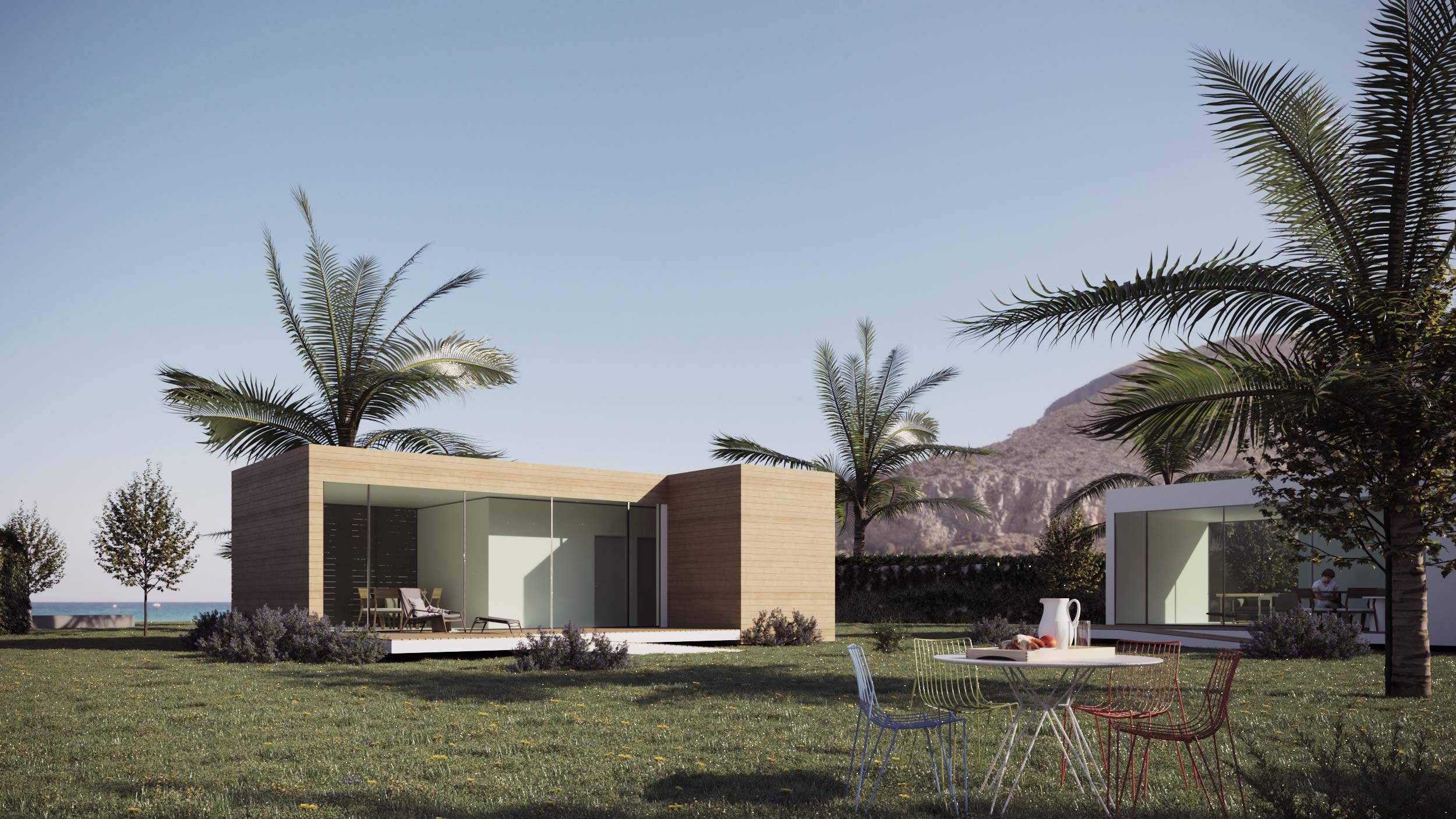

By transposing the principles that guide this artistic creation and the accompanying research project into a list of concrete objectives, we can state that we seek to create a product / space:
Comfortable in physical and mental terms, transmitting safety and well-being to the inhabitant;
Pleasant not only for its user, but also for the environment where it is registered;
Integrated in the surroundings, not being a discordant element in the whole;
Quick to build, shortening the time spent between the order and the construction;
Ecological, reducing the resources needed in its construction and during its operation;
Personalized, answering to the wishes of those who live and not being a mere repetition of a standard;
Innovative in terms of architecture, interior design and the technologies it uses;
Adapted to the characteristics of the terrain where it is intended to be built;
Economical due to the reduction of the construction cost through factory production;
Quality guaranteed through its industrialisation.
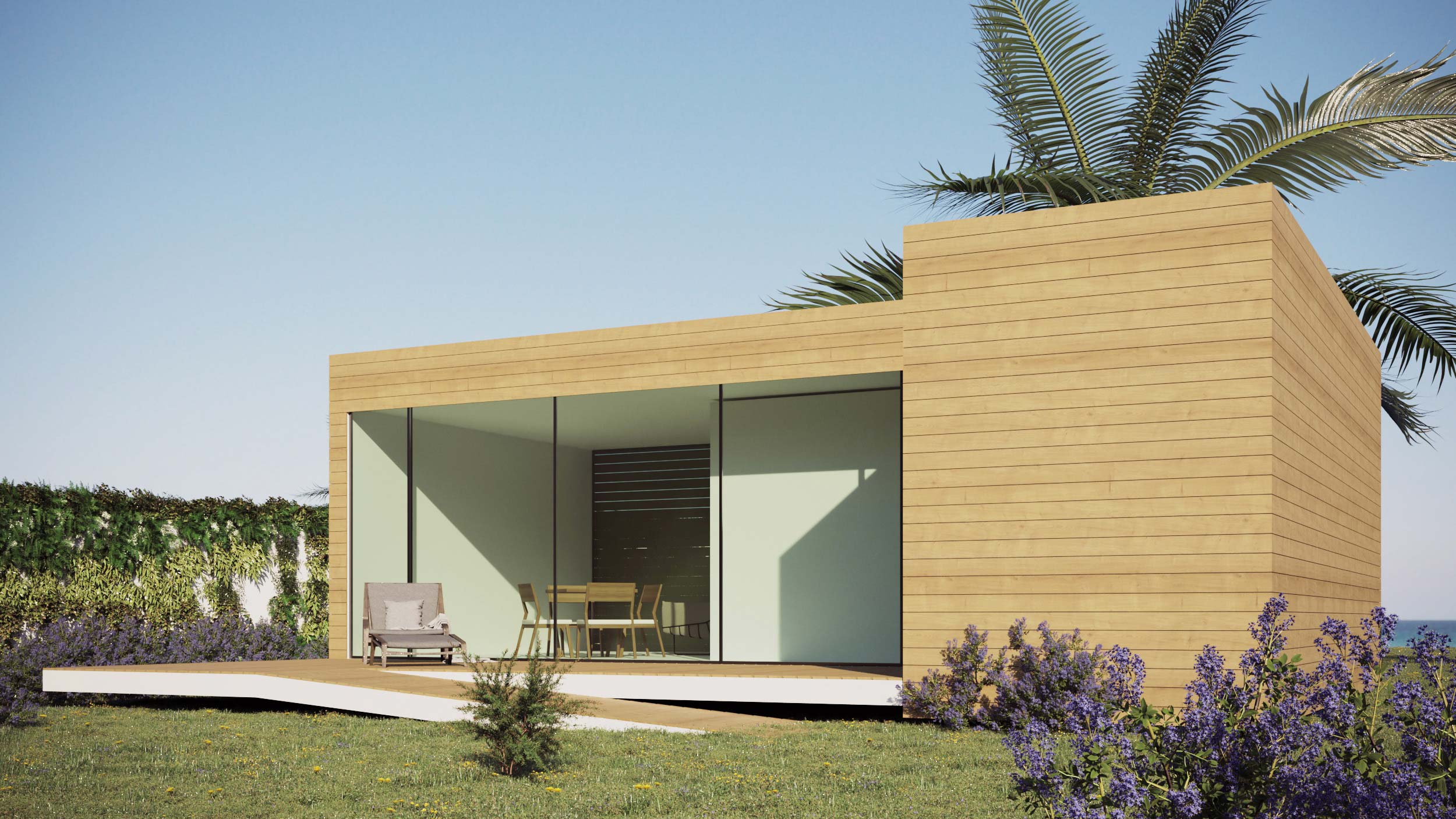
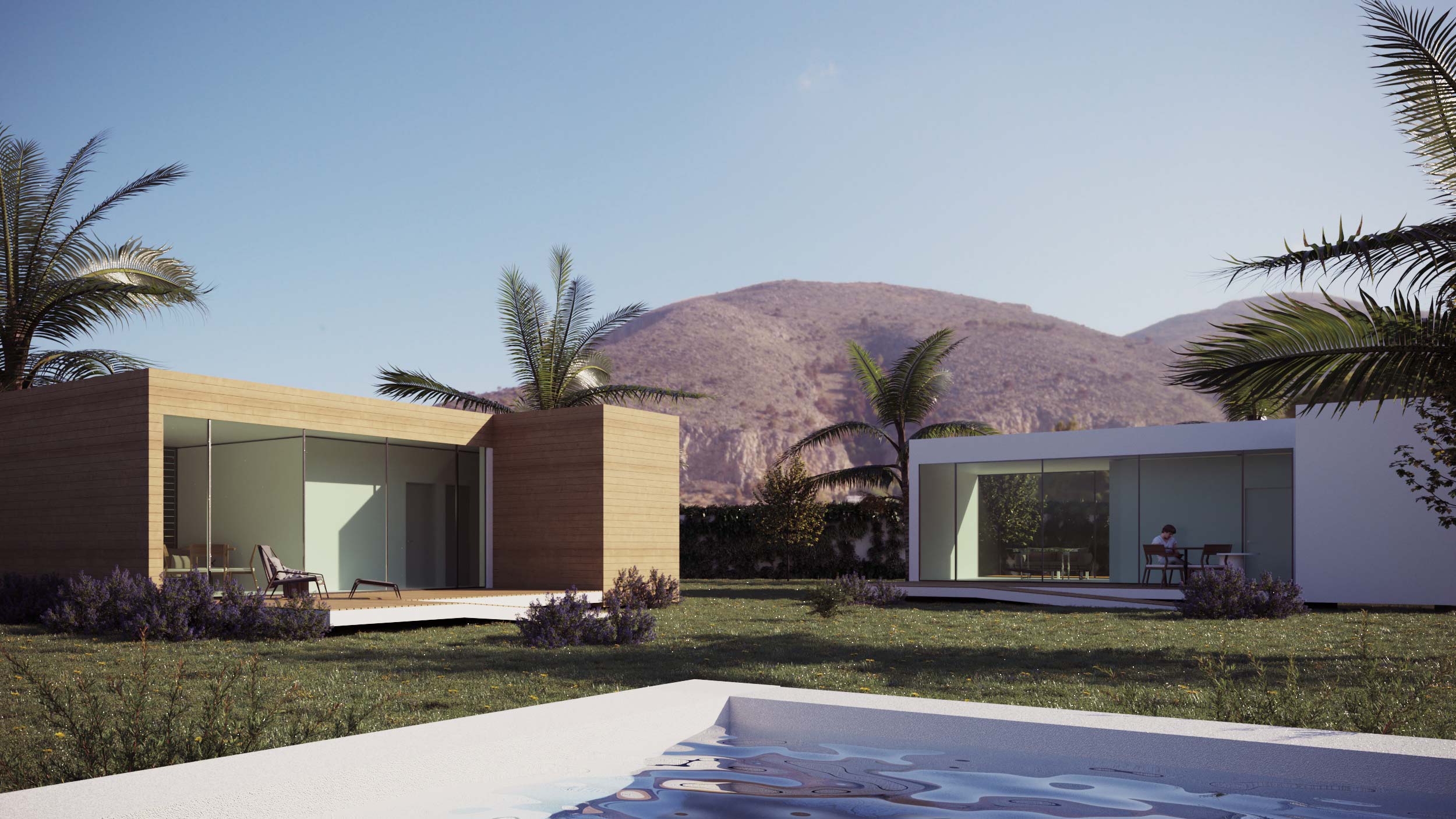

In order to make a project of the future and for the future, we cannot deny or forget the relevance of some issues under discussion in today’s society and in architecture in particular, as an expression of a reality. Thus we bring to research a set of issues of undeniable importance in the near future.
Ecology. The need to create an ecological space, healthy for the inhabitant and the environment, and whose construction, maintenance, displacement and dismantling is respectful of the local and global environment.
Economy. “Less is more” not only on a formal level! We must participate in the need to do more with fewer resources: less work, fewer people, less money… and this is not only an economicist thought but also one of the aspects of ecology. As our levels of demand and comfort have increased, there is an urgent need to create ways to guarantee this quality of life by saving resources, creating more efficient ways of building and operating, reducing error and waste.
Accessibility. As a result of greater civic and social awareness, space and access to it are democratized, and an expression of this concern is the “universal design”. Making all places accessible to all is a premise for all creators and organizers of space.
Módulos base
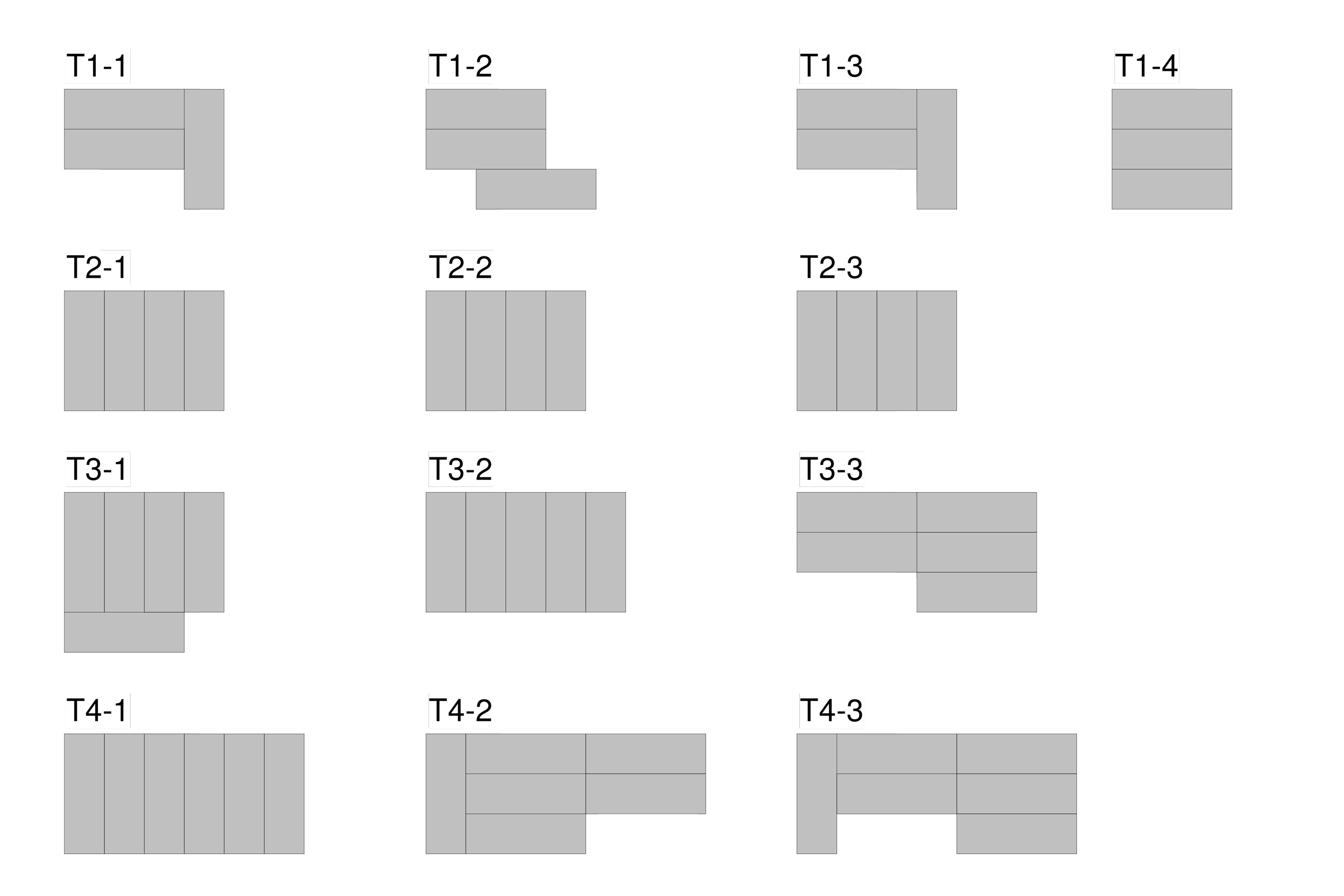
Tipologias
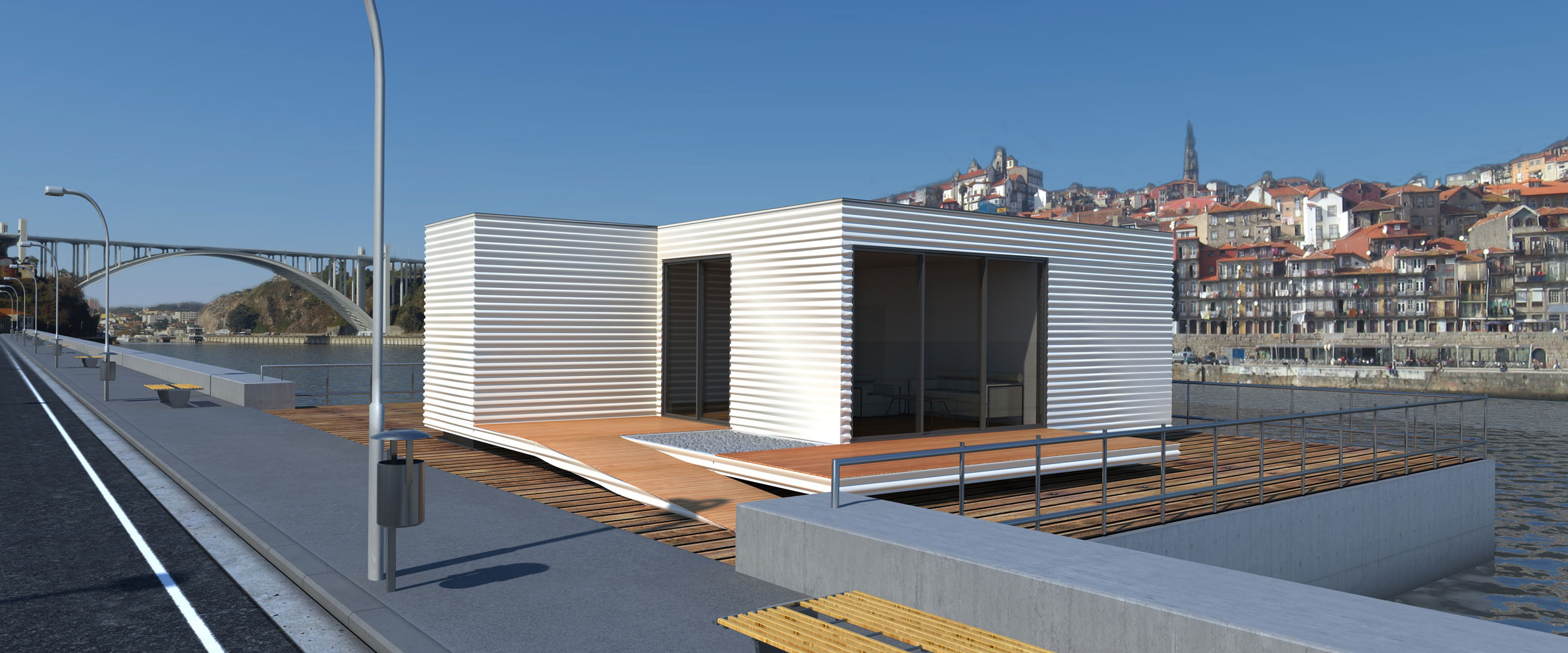
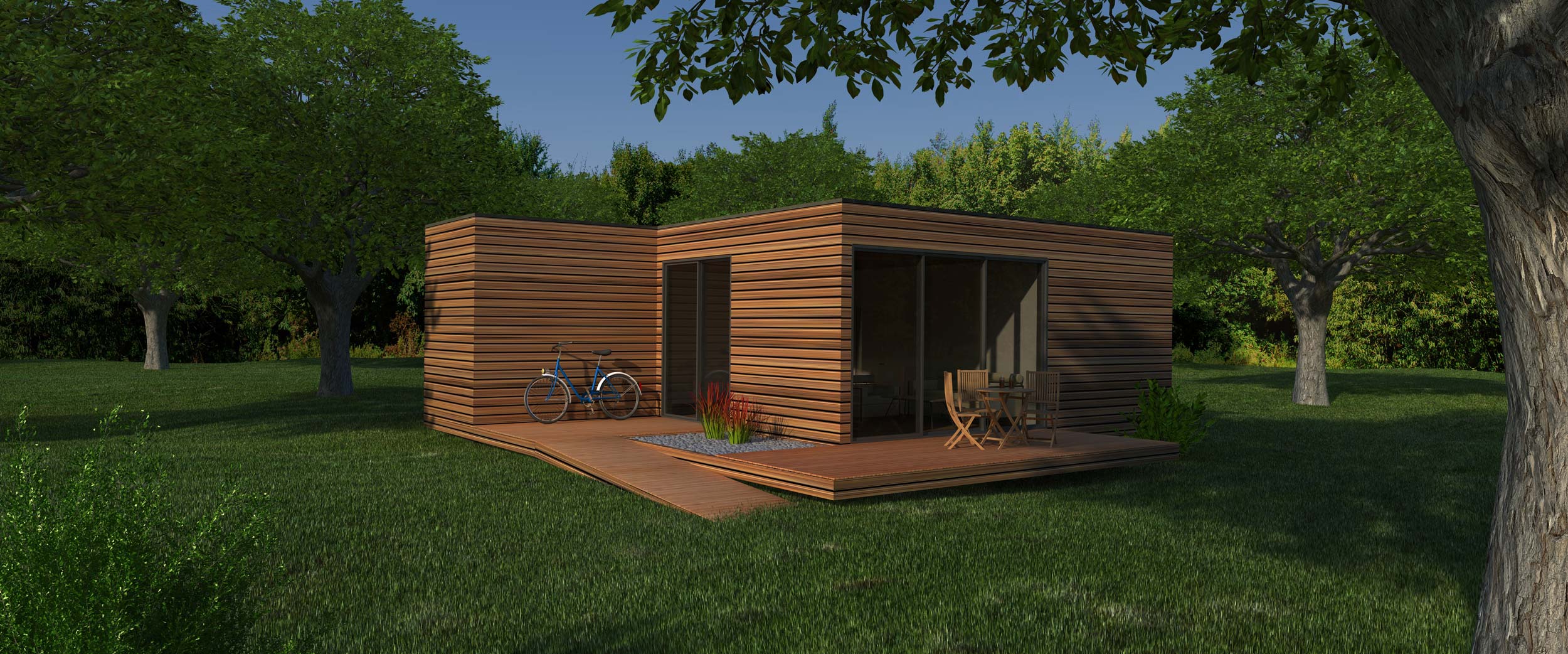
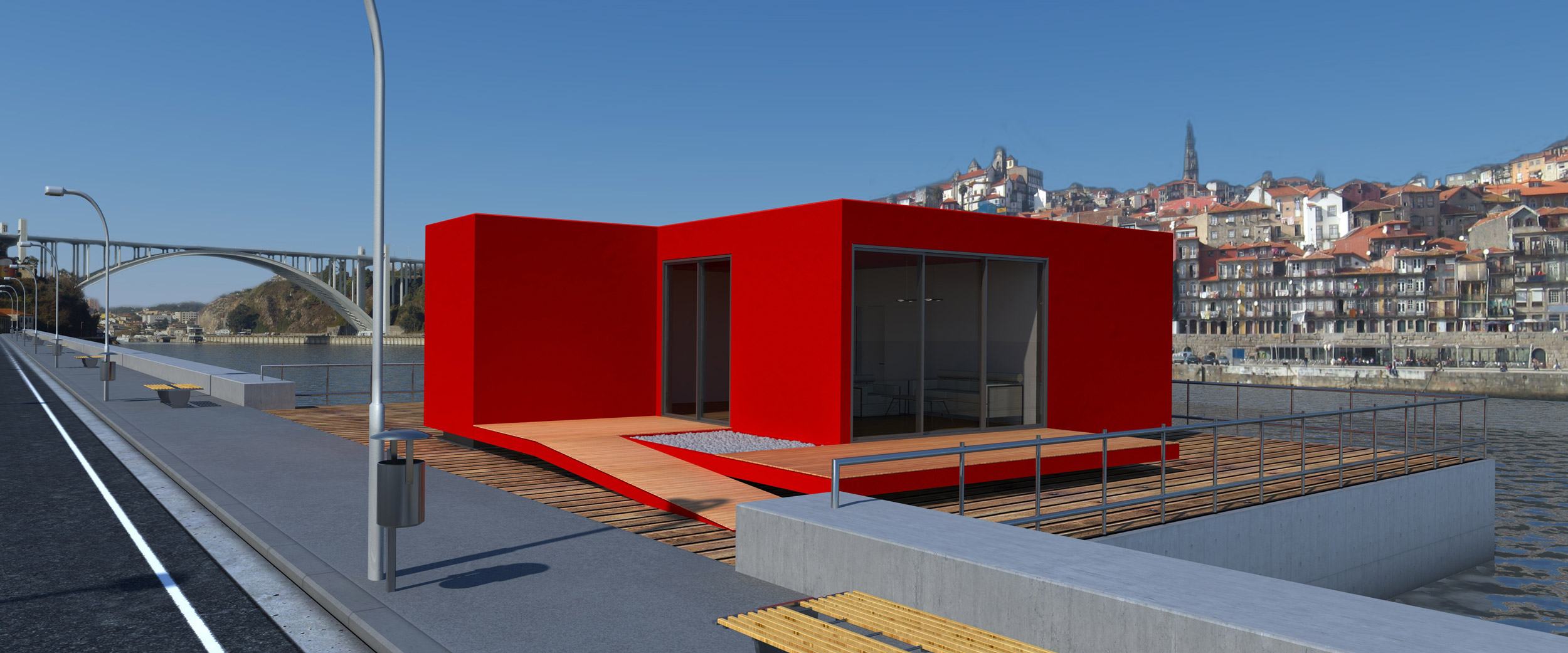
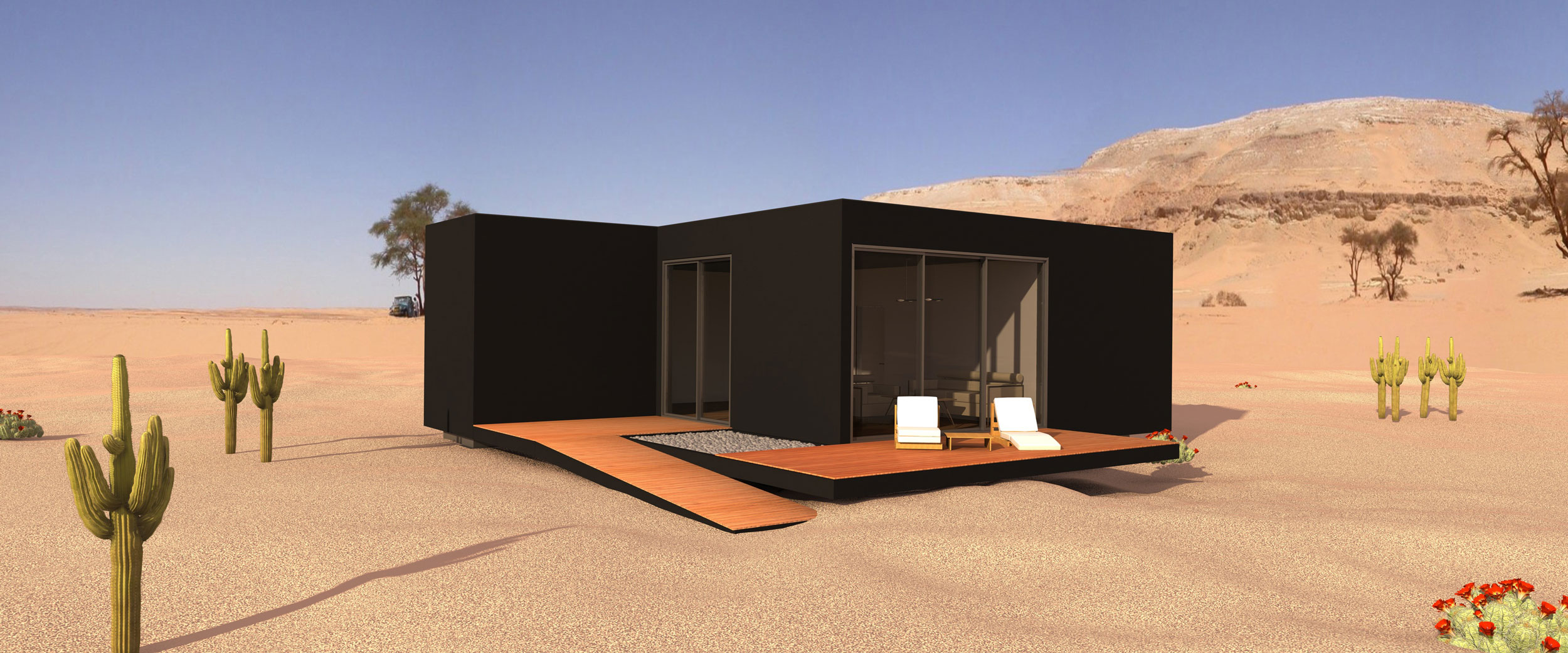
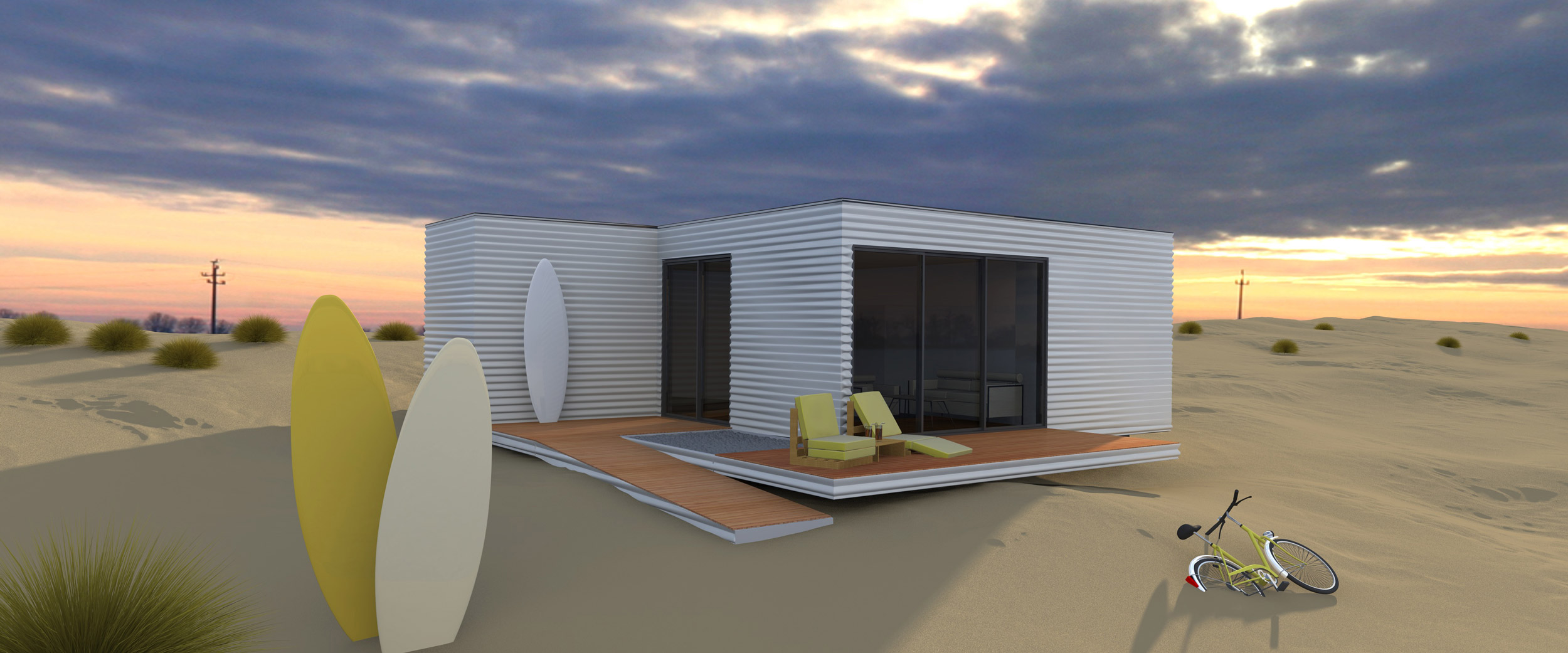
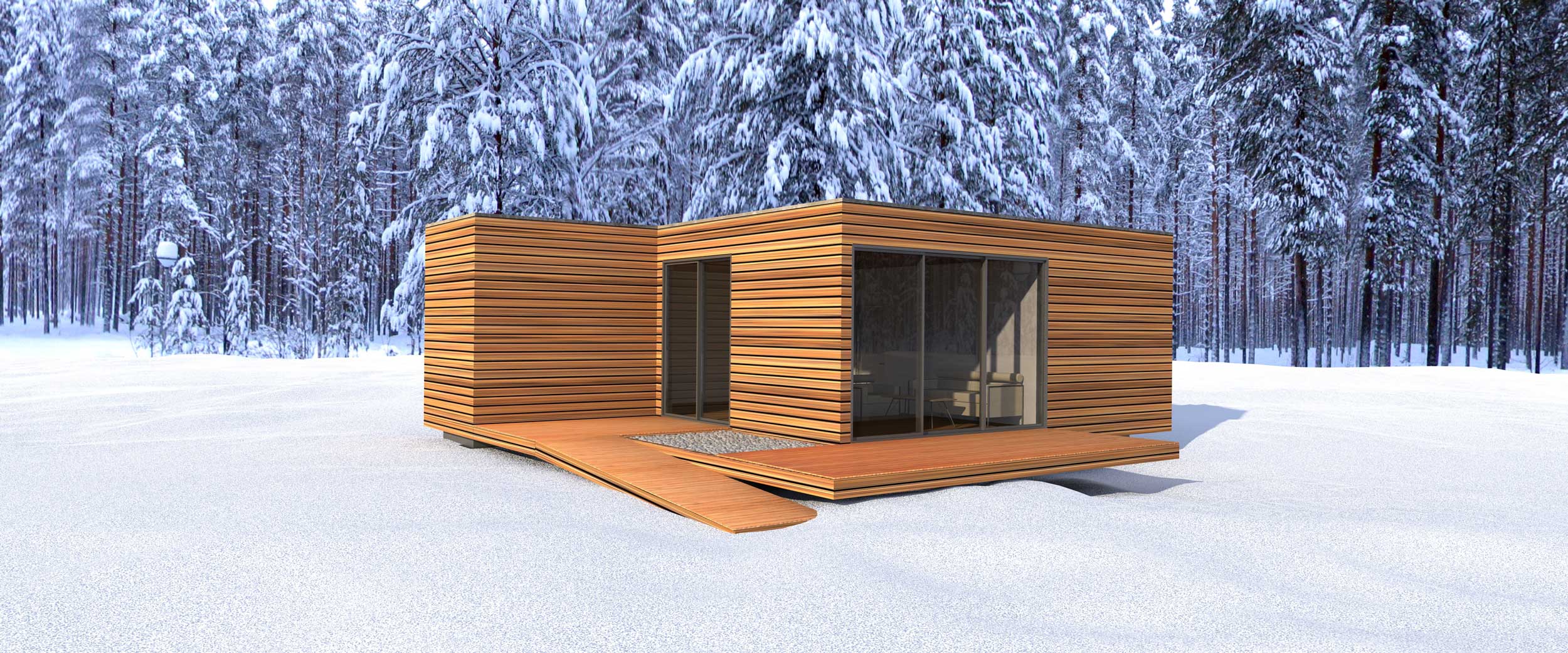
Construction and assembly
